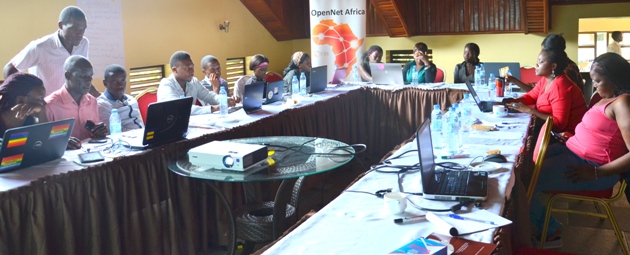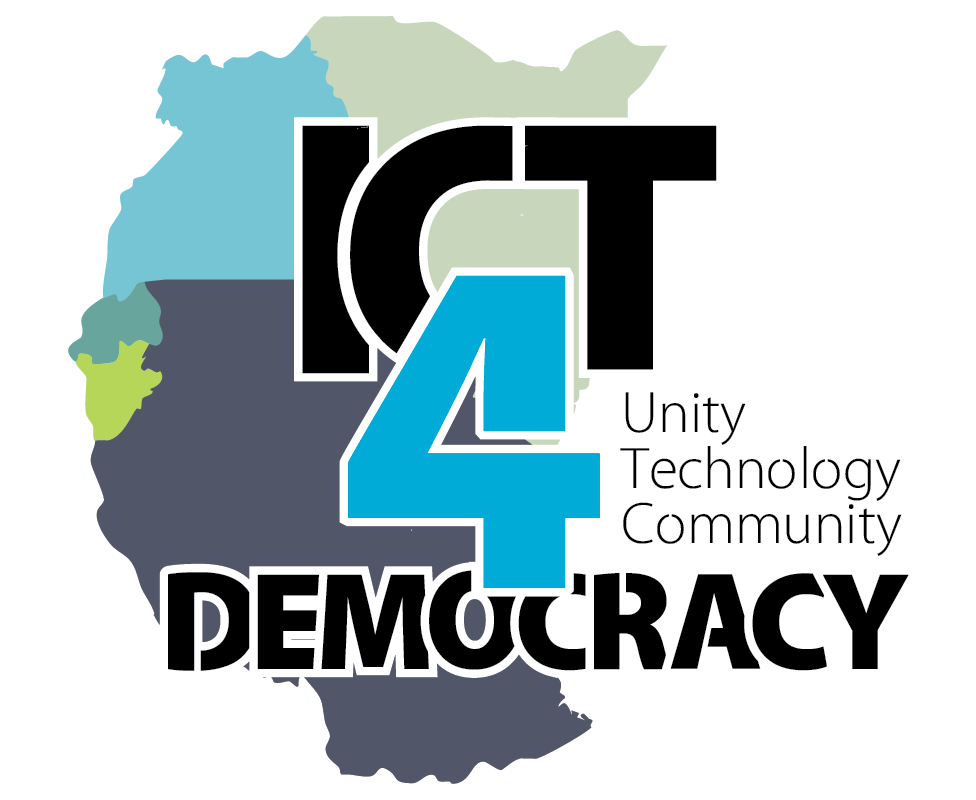By Ashnah Kalemera |
This month, the Collaboration on International ICT Policy in East and Southern Africa (CIPESA) has given training to human rights defenders, journalists, bloggers and media practitioners in Tanzania and Uganda in safety and security tactics to promote privacy and freedom of expression online.
The training, conducted in Kampala on April 10 and in Dar es Salaam on April 14 and 15, also helped participants to understand the laws and policies governing digital communications in the two east African countries.
The trainings explored basic computer security for operating systems, data storage and software updates. In addition, safety and security tips for using social media such as Facebook and Twitter, email and mobile communications were shared. Strong emphasis was placed on ensuring privacy of these communication tools and creating strong passwords. The trainings also explored techniques for responding to surveillance and censorship using anonymous browser tools, Virtual Private Networks (VPN) and Encryption.
Participants in the two countries shared their experiences – with varying levels of expertise – in securing their communications.
“I do not share my laptop regardless of who you are,” stated one Ugandan participant. He added that he did not access his email on phone or at internet cafes, cautioning the participants who did. “Any email has to wait until I get to my encrypted laptop,” he said.
A Tanzanian journalist said that whereas she makes the effort to secure all her devices and online user accounts, she often used the same password across board. This highlighted the shortage of digital safety skills among some of the most regular users of digital technologies in the country.
Participants in both trainings noted that in some cases, civil society organisations were “lazy” in adopting the latest technology to ensure the safety and security of their operations and their staff online. In other cases, financial resources were a limitation. Another challenge highlighted was the slow internet speeds in both countries, hence forcing users to access the internet on several devices.
On the legal and regulatory front, discussions centered around the proposed Cyber Crime Bill in Tanzania and the Uganda Data Protection and Privacy Bill and the need for the two countries to adopt laws that support internet freedoms.
Participants also raised concern about recent developments in neighbouring Kenya and their potential impact on the use of information and communication technologies (ICT) across all member states of the East African Community.
Participants in both the Tanzania and Uganda trainings called for increased awareness of online freedom amongst internet users, particularly vulnerable groups such as women and youth to promote greater appreciation for the need to adopt safety and security practices online.
Overview of training beneficiaries
Individuals from 27 organisations benefited from the training, out of which an average of 33% were women and 67% were men.
Figure 1: Training beneficiaries by gender

Figure 2: Training Beneficiaries by user/organisation category


The trainings were organised by CIPESA in partnership with the Pan African Human Rights Defenders Project and Jamii Forums in Uganda and Tanzania respectively in the context of CIPESA’s OpenNet Africa project supported by Hivos, the Open Technology Fund and the Association for Progressive Communications.
Upcoming digital safety skills engagements include for journalists in Uganda (to coincide with World Press Freedom Day on May 3) and for the local tech community.
ICT4Democracy in East Africa Workshop Proceedings
Eighteen months since the ICT4Democracy In East Africa Network’s inception, a workshop was convened in Dar es Salaam, Tanzania to review the work being done by the partners, and to discuss the sustainability of the initiatives and the network.
Partners in the network are the Collaboration on International ICT Policy for East and Southern Africa (CIPESA), the Commission for Human Rights and Good Governance (CHRAGG) of Tanzania, iHub Research (Kenya), the Kenya Human Rights Commission (KHRC), Toro Development Network, Transparency International Uganda, and the Women of Uganda Network (WOUGNET). The partners are leveraging ICTs to hold leaders accountable to citizens, as well as to fight corruption, monitor service delivery, and contribute to building a democratic culture.
Read the full workshops proceedings here.


